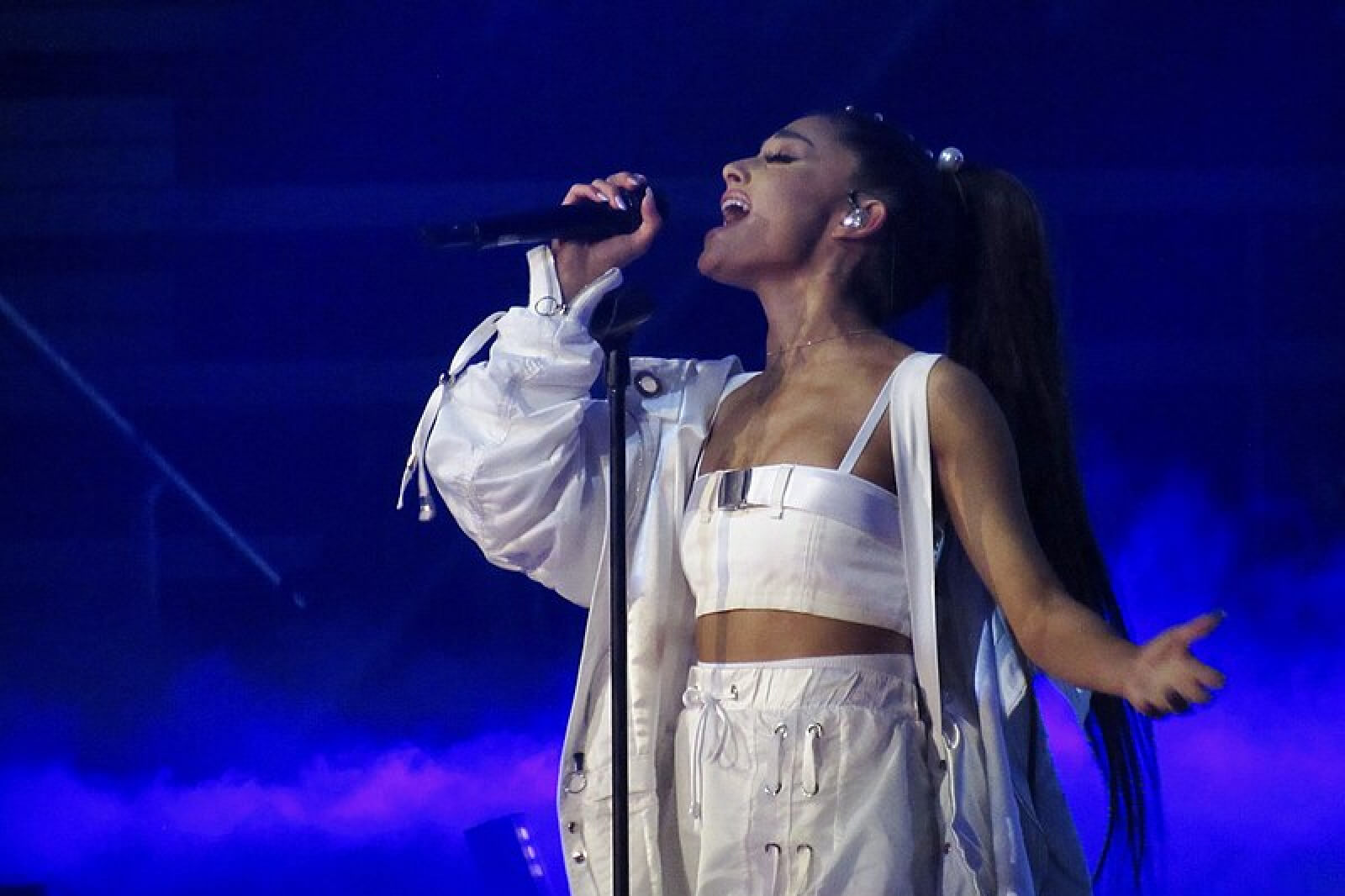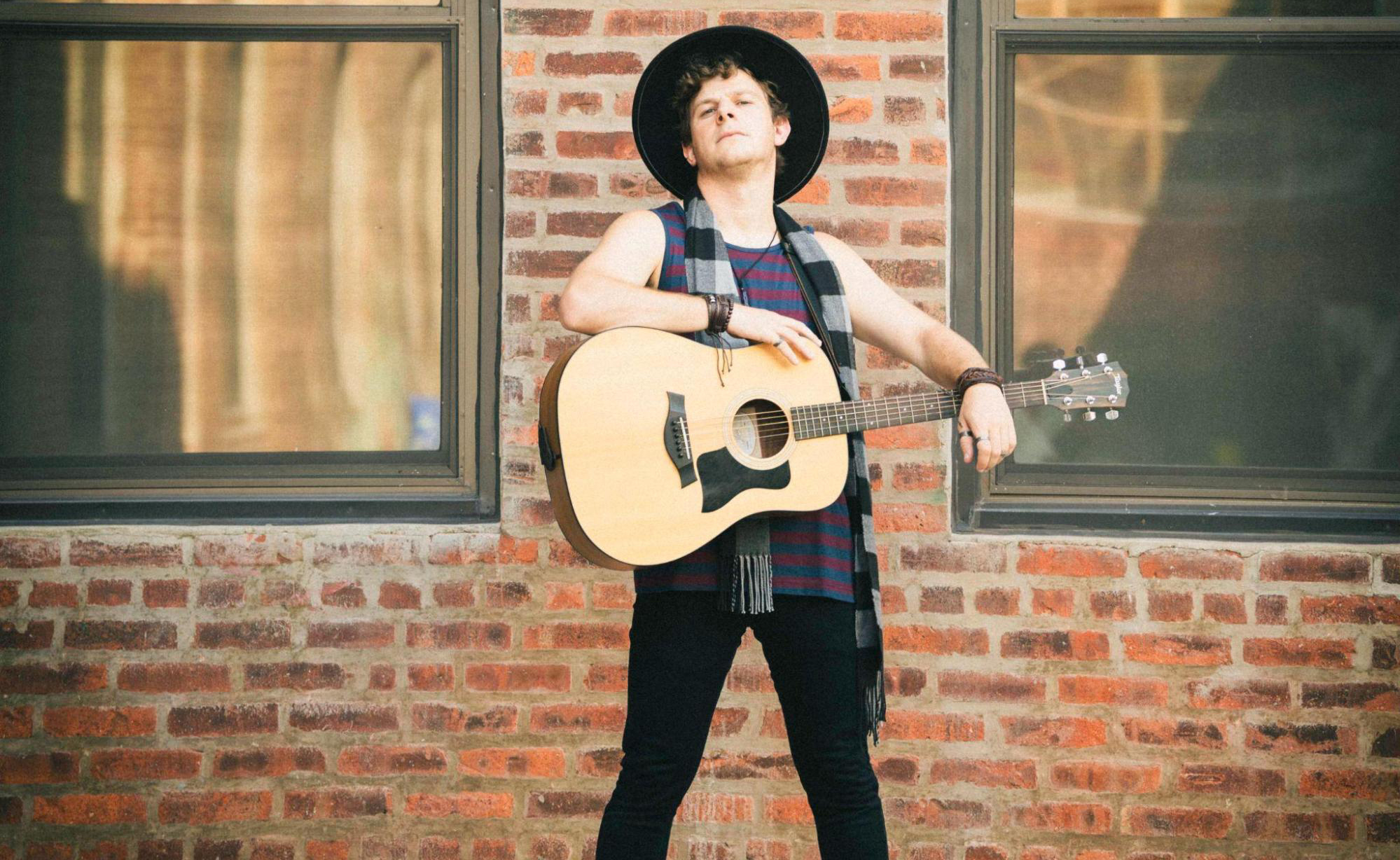Music
On This Day: Vanilla Ice and Other Problematic White Rappers
01 Dec, 20
On this day in 1990, Vanilla Ice’s “Under Pressure” reboot “Ice, Ice Baby” debuted at No. 1 in the UK, kickstarting a Billboard run that would soon carry over to the states and invigorate a fleeting love for Vanilla Ice and his whole…vibe.
Of course, we all know how it ends. Vanilla Ice’s credibility and career unraveled as quickly as it began. “Ice Ice Baby” took on a satirical identity larger than its creator, all while Robert Van Wrinkle refused to pay royalties (or even give a shout-out) to Freddie Mercury and David Bowie despite liberally sampling the track’s true creators. Ice instead tried to cultivate a hollow rap identity, one where he was a hardened former-gang member from Miami and not a middle-class teen from a Texas suburb. The chorus of the song then came under fire by a black fraternity, who accused Vanilla Ice of ripping off their fraternal chant (“ice ice baby/ too cold, too cold.”)
Needless to say, Vanilla Ice became more known for being dangled over a balcony by Suge Knight than for his music. His lyrics remained corny, and his whole existence–especially his unbearable whisper-raps on 1990’s “I Love You”– instead morphed into a parody of late 90s culture. Reflecting back on the inappropriate actions of Van Wrinkle call into question a decades-old conversation regarding white people’s place in hip-hop. Lord Jamar recently told Eminem that he believed white people “were a guest” in the house of Hip-Hop, a statement that polarized fans of the “Lose Yourself” emcee and reaffirmed the dire need for authenticity when attempting to take part in black culture.
Mimicry would never be welcomed, but authenticity and grace would be (sometimes) applauded. Some white rappers (The Beastie Boyz, Lil Dicky, Mac Miller, Eminem) would no doubt bring about inventive styles to the genre, while others (Macklemore, Logic, Miley Cyrus, Iggy Azalea) would instead make problematic gestures, and quickly wash away with the cultural tide–Cyrus is still famous obviously, but it seems she makes 80s rock now.
White rappers’ mere existence will always be political and polarizing, but here are the true culture vultures, the ones that just never got it, the ones like Vanilla Ice who should be remembered as parodies more than legitimate acts.
Bhad Bhabie
Born from a meme, 15-year-old Danielle Bregoli has somehow maintained a relatively steady rap career these last few years, despite remaining ignorant to the culture she borrows from. Her outlandish behavior has seen no bounds. She darkened her skin, spawned dreads, and quelled critics with a shrug. “I act urban,” she said. “You can’t tell me I’m acting black because I braid my hair. That makes no sense whatsoever.”
Regardless of Bhad Bhabie’s inflammatory antics, she has maintained a profitable career, and to everyone’s dismay, was even nominated “Top Rap Female Artist” at the 2018 Billboard Music Awards. Luckily, Cardi B won instead. Nevertheless, it is hard to picture where Bhad Bhabie fits into a culture she’s so clearly milking for an image.
Woah Vicky
People may remember Woah Vicky, Bhad Bhabie’s equally as problematic foe, from a few years ago after a series of back and forth disses between her and Bhabie resulted in a few crude brawls. But Vicky’s polarizing career actually came to fruition in 2017 after she claimed to be black and allowed to use the N-word despite being white. “Ancestry.com did tell me I was black,” she says in the video. “So I have the right to say that I’m black.”
The test told her she was 25% black, and she has since been regularly accused of “acting black” and “putting on a voice” that is not her own. She has since used her millions of followers to help kickstart a budding rap career, and the Bhad Bhabie beef helped establish a tough and even more problematic image. Many are hopeful it doesn’t go much farther than it already has.
G-Eazy
Bay Area rapper G-Eazy has continued to churn out lackluster pop-rap for years. His pop-laden sound has gotten cleaner and cleaner over the years, and as a result, he is often accused of “gentrifying rap.” His moniker is no doubt a playoff of rapper Jeezy and Eazy-E, and while he has long dismissed allegations of cultural appropriation and acknowledged his guest status in Hip-Hop, it’s still hard to respect him.
Maybe it’s because he’s a coked-out woman abuser, or maybe it’s because he has seen an astronomical level of fame, mostly because of his skin color. Or maybe it is because of the time he darkened his skin on a promotional poster for a 2016 tour. One thing is for sure: his music has never warranted the praise it’s gotten, and his whole James Dean meets Drake image is just confusing.
Denny Blaze
It still remains to be seen whether Denny Blaze, aka Average Homeboy, was ever in on his own joke. His viral YouTube debut “Average Homeboy” polarized everybody when it mysteriously appeared online in 1989. Many applauded the video’s entertainment value that comes with watching a sincere teen attempt to playfully rap–Blaze’s goofy suburban teen vibe would later be mastered by Lil Dicky, but in a way less problematic way–but Denny’s seemingly well-intentioned rhymes played into some dangerous stereotypes. Aside from equating Blackness to crack use in “Average Homeboy,” cringe tracks like “Black Men Can’t Swim” would all but assure the demise of Denny Hazen’s rap alter-ego.
Kreayshawn
Natassia Zolot, aka Kreayshawn, and the now-defunct White Girl Mob gained public attention after the release of Kreayshawn’s “Gucci Gucci.” The video accumulated millions of views and resulted in a lucrative record deal for Kreayshawn, but the single’s coinciding video was accused of appropriating black culture, with Kreayshawn’s doorknocker earrings coming under particular scrutiny. She soon ended up retiring from rap.
Mike Stud
One of the sole-surviving frat-rappers of the mid-2000s, Mike Stud has maintained steady fame despite his awkward relationship with hip-hop. An all-American baseball player at Duke University, Stud took to rapping after an injury derailed his sports career. In 2016, The New York Times called him a “Drake clone,” citing the fact that his recent traversal into sing-rapping with songs like “Say No More” are melodically similar to Drizzy in more ways than one.
“His signature catchphrase, a sort of elongated “yup,” is essentially lifted from the R&B singer Trey Songz,” The Times adds. He’s now the star of his own reality series on The Esquire Network, a show that has come under fire for its “ode to binge drinking” and “Girls Gone Wild approach to gender relations.”
Race is never mentioned by Stud or any of his constituents throughout the show, but the closest they come is when they showcase a very uncomfortable performance by Stud in Orlando, Fl, where he’s standing among a crowd of Black people rather than drunk sorority girls. “It’s a different lineup than we are used to,” his tour manager tells the camera. “It’s a weird vibe, but it’s a show that we have to do.”
Stud can be seen on stage rapping cautiously, trying to showcase respect by not leaning too hard into the fratty antics that normally make up a Mike Stud concert. “Mike Stud’s understanding of the difference between his usual show and the Orlando outlier suggests at least a whiff of self-awareness about his unusual relationship to the rest of hip-hop,” writes The Times.













